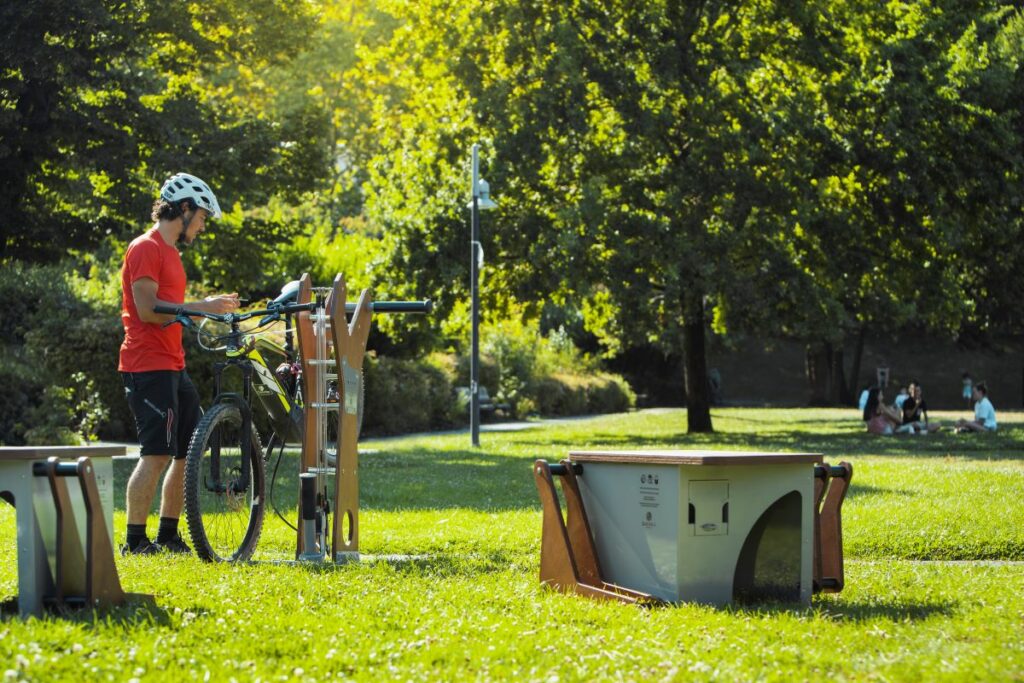Said like this, it may seem like one of those inventions typical of deceptive marketing that try to convince us of absurd things. To be clear, the kind that tries to make us believe that if you eat a certain food every day for long enough, you will solve all your problems, from overweight to indigestion to irritable mood.
Certainly, the bike is not the cure-all for all evils, but we start thinking that it comes very close. A recent German study, supported by several similar investigations, proves that people who travel on foot or by bike are more inclined towards the common good. This means that they participate more in volunteer actions, take part in local political and associative life, and in general, they dedicate themselves to the well-being of their surroundings and the people who inhabit it.
In the end, if you think about it, it’s quite logical. Unlike motorized vehicles, the bike immerses us sensorially in the environment around us. We come into contact with the type of terrain (flat, hilly..), with the weather, with the road surface, with the smells and colors of the space we inhabit. Interactions with people are more likely and more immediate. We see houses and buildings with different times, notice more details, and our attention is less absorbed by the necessities of driving.

In a car, the opposite happens. We are enclosed behind glassese that shield us from everything happening outside, and our interaction with the space we traverse is almost nullified and reduced to the starting and ending points. It is evident that the knowledge and experience we gain about our neighborhood and city will be much deeper and direct if we move by bike.
A knowledge of this kind creates an emotional bond with the space and its inhabitants, to whom we will be compelled to show interest and for whom we will be willing to act. Can we then say that the bike makes people better? Well, it seems so.
In addition to the obvious direct benefits of cycling, it seems that this also influences our long-term behavior towards others, contributing to building a sense of collectivity and community. Riding a bike reduces pollution, traffic, and noise. It allows us to engage in physical activity and thus improve our health and mental well-being. To all this is added a social advantage. And it’s not a small one, considering the damage that individualism and the polarization of opinions are causing to the world we live in.
That’s why we like working to make the use of the bike more and more accessible and safe for everyone. Because bringing more people on bikes means, if we look at the big picture, improving the world.
One pedal stroke at a time.